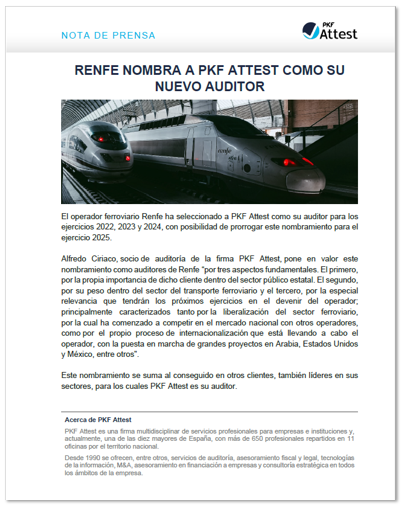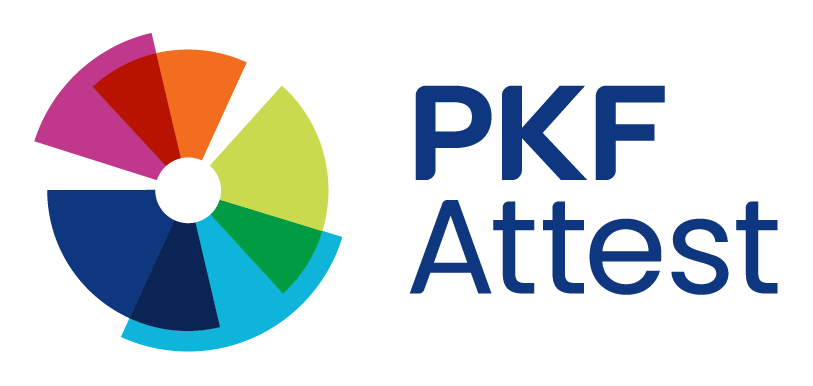Jokin has over 25 years of commercial and investment banking experience, with most of his career developed at Banco Santander, Banesto and JP Morgan Chase.
Prior to PKF Attest CM, Jokin worked at Santander Global Banking & Markets division (SGBM) in London, where he was Head of Northern European Institutional Sales, covering credit markets, rates and FX distribution of flow and non-flow products.
Before joining Banco Santander, Jokin was deputy general manager of the wholesale banking division at Banesto, responsible for credit markets (origination, trading and distribution), ACPM, securitization, rates and structured products distribution. He was also head of institutional sales, responsible for the structuring, origination and distribution of credit, rates, FX and multi-asset products to institutional investors.
With a strong innovative mindset and an entrepreneurial approach, Jokin was co-responsible for the creation of the Banesto Funding Platform, a unique primary bond market platform that helped corporates access the capital markets recurrently and efficiently through primary MTNs and CP issuance. He was also a board member of Banesto Financial Products PLC.
Jokin holds a BA Hons degree in Economics and Business Administration from Deusto University and has attended IESE, Chicago GSB & IE management programmes in Madrid and London.





